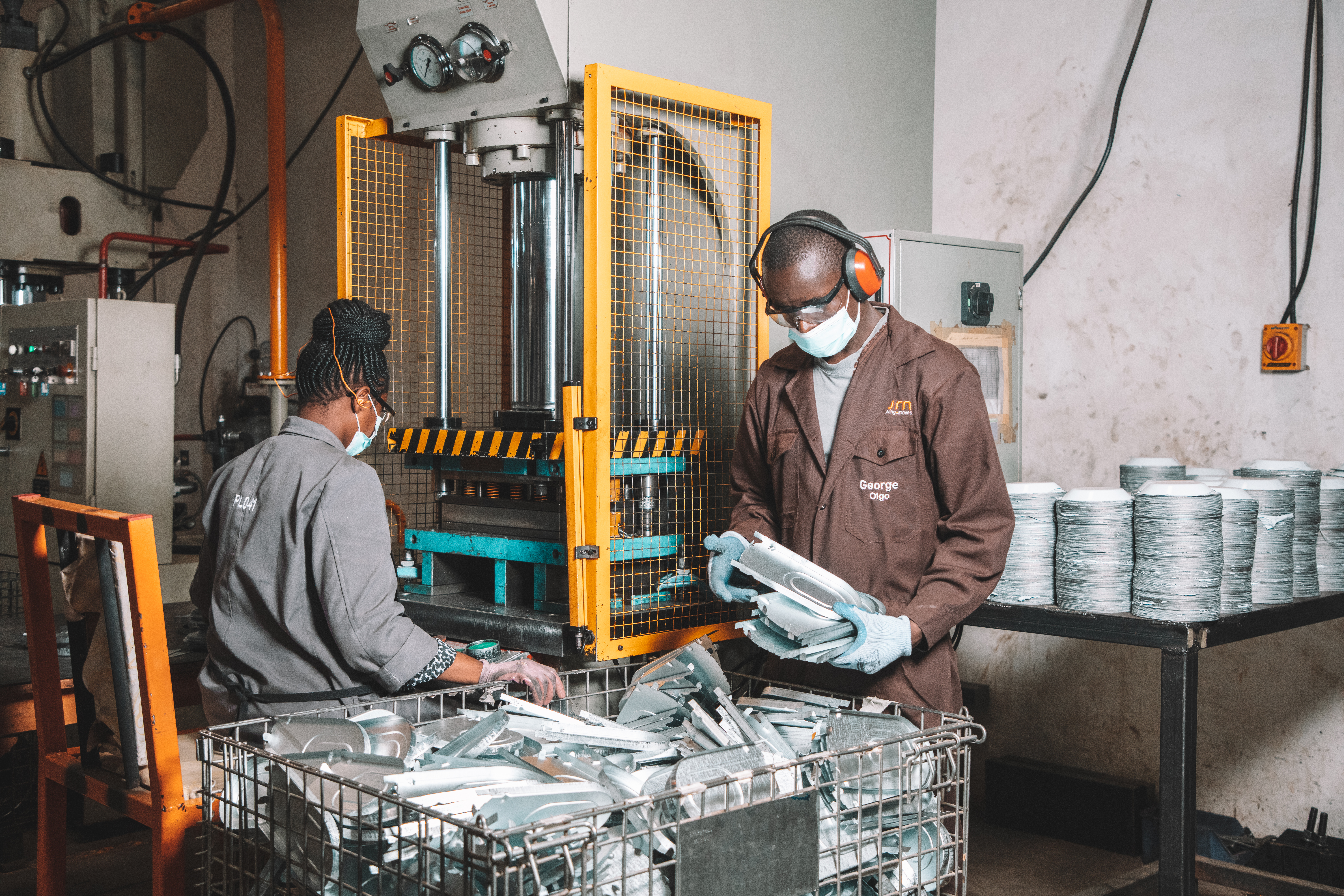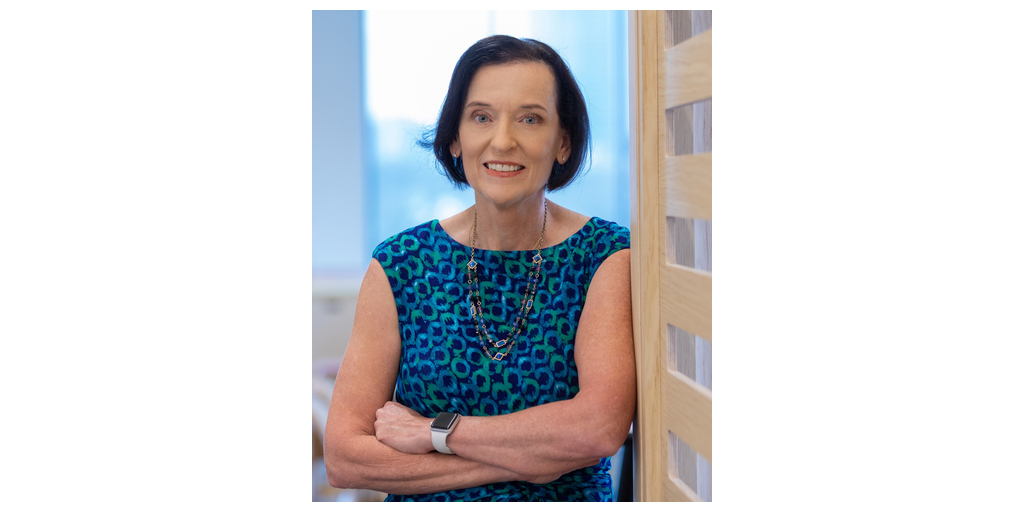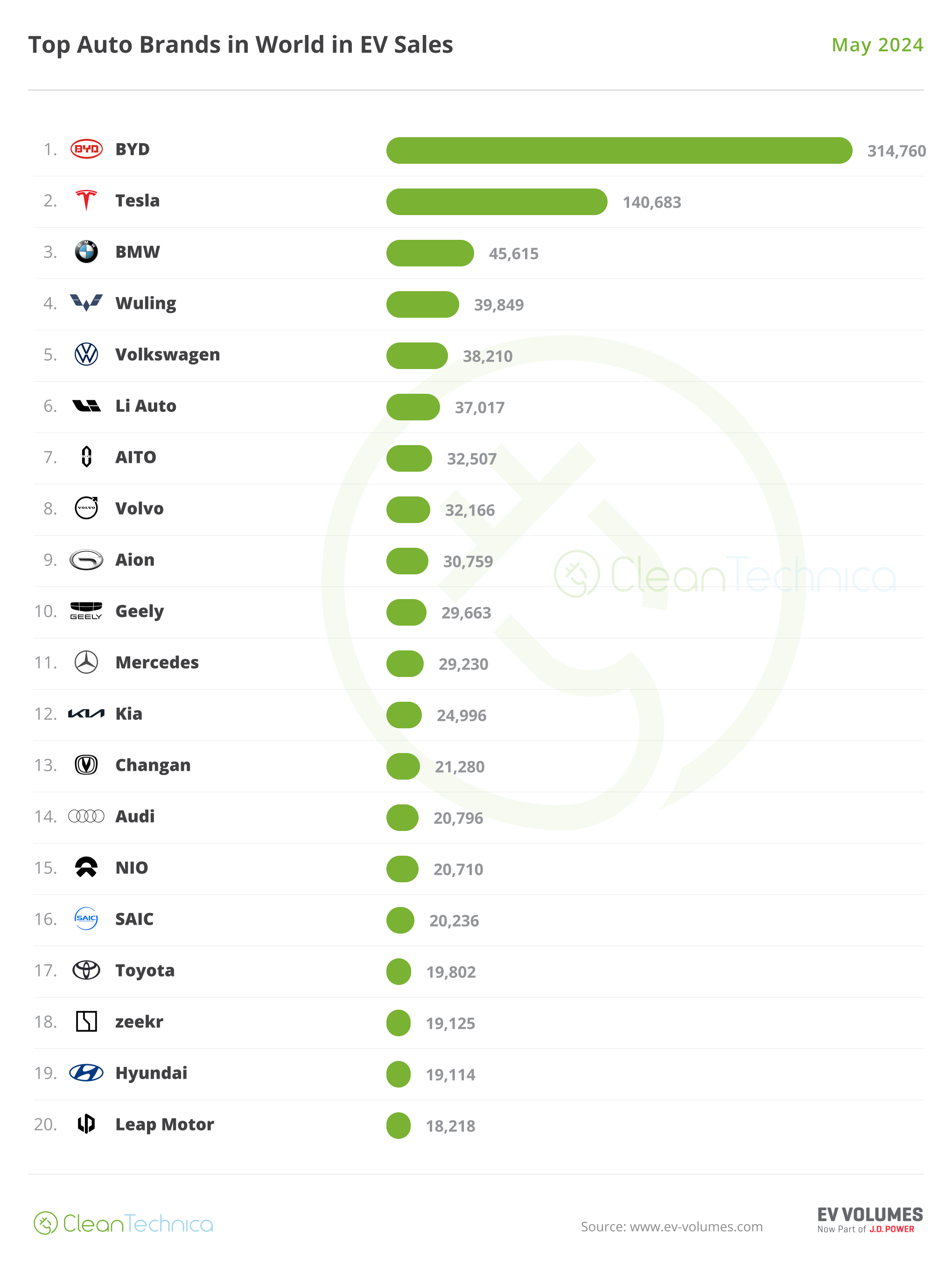Sign up for daily news updates from CleanTechnica on email. Or follow us on Google News!
With approximately 950 million people in Africa still reliant on traditional cooking methods, predominantly wood and charcoal, there is a pressing need to disseminate clean cooking technology as fast as possible. Research by the World Health Organization shows that the air pollution created by these methods leads to heart disease, lung cancer, strokes and pulmonary disease and disproportionately impacts women and children in rural areas. This has an oversized effect on populations in Sub-Saharan Africa, where almost half of the total population without access to clean cooking options live. This problem is only going to get more severe as the number of people in Africa reliant on wood and charcoal cooking is expected to reach 1.67 billion by 2050.
The severity of this problem was addressed by the President of the African Development Bank, Dr. Akinwumi Adesina, who stated, “300,000 women and 300,000 children die every year due to respiratory diseases because of simply trying to cook a meal.”1 A report by Duke Global Health Institute found that replacing these traditional biomass stoves could save almost half a million lives in sub-saharan Africa. Unfortunately, improving access to clean cooking is the most underinvested health and environmental problem in the world.2 Alongside the health impacts are the significant environmental effects resulting from the use of wood and charcoal, predominantly deforestation. Up to a quarter of all black carbon emissions worldwide come from the burning of fuel for energy needs.3
The private sector has thus far served an important role in ensuring this transition. BURN, a Kenyan cookstove manufacturer, launched a series of electric cooking options that were expected to reach six African countries by the end of 2023. Due to the limited purchasing power of many of the potential customers, BURN has implemented a pay-as-you-go system to make its products more affordable. Once fully paid off, customers are expected to cut their fuel costs in half.4
Meredith Njega, Head of Electric Finance for BURN, emphasized that the abundance of available electricity in Kenya makes electric cookstoves more feasible. When asked what the most important thing that BURN looks for before installing stoves, she answered that a readily available source of cheap electricity was paramount. While electric cookstoves may offer the best complete option in terms of reducing fuel costs, they are just beginning to enter the mainstream market in Africa. Traditional cookstoves that require less fuel and reduce pollution are an important way to reach areas that do not have access to consistent electricity or the capital for an electric cookstove. BURN is committed to maintaining availability of low-carbon traditional cookstoves while they continue to expand their electric cooking options.

East African countries could use the transition to clean cooking as a path to dramatically reduce carbon emissions. Kenya, Rwanda, Uganda, Ethiopia, and several other African countries total more than 50% of their emissions from the use of wood fuels. These countries can combat deforestation while contributing to economic growth. A report by the Clean Cooking Alliance found that the purchasing of a new cookstove for US$40 had an economic impact of over 1,000 dollars on society. Unfortunately, significant hindrance to further adoption of clean cooking is a need for dissemination of information.5 The limited awareness of clean cooking is particularly problematic in rural areas, where the reliance on firewood is particularly high. Cookstoves are faced with the challenge of financing, as many of those in most need of clean cookstoves do not have the capital available for an up-front purchase. Fortunately, international investment has been made available for the dissemination of cookstoves across sub-saharan Africa. A $10 million investment by the African Go Green Fund is expected to provide access to clean cooking to between 50,000-150,000 in Mozambique, Nigeria, and the Democratic Republic of Congo. The combination of government support, private enterprise, and international funding needs to combat this problem, otherwise it will only grow.
Have a tip for CleanTechnica? Want to advertise? Want to suggest a guest for our CleanTech Talk podcast? Contact us here.
Latest CleanTechnica TV Video
I don’t like paywalls. You don’t like paywalls. Who likes paywalls? Here at CleanTechnica, we implemented a limited paywall for a while, but it always felt wrong — and it was always tough to decide what we should put behind there. In theory, your most exclusive and best content goes behind a paywall. But then fewer people read it!! So, we’ve decided to completely nix paywalls here at CleanTechnica. But…
Thank you!
CleanTechnica uses affiliate links. See our policy here.





